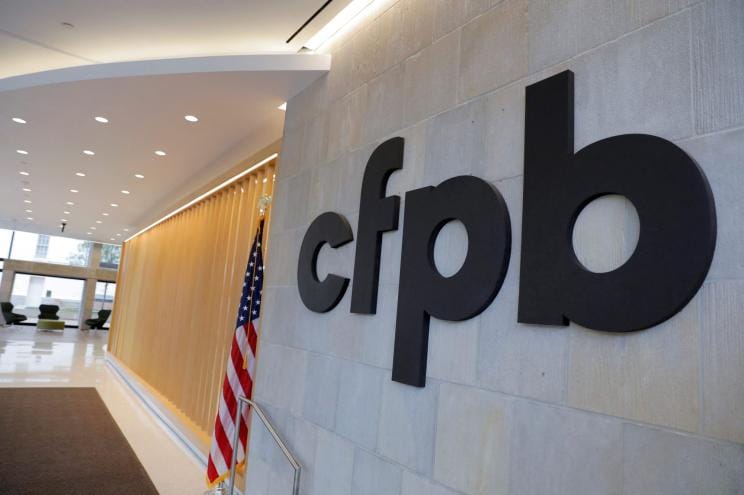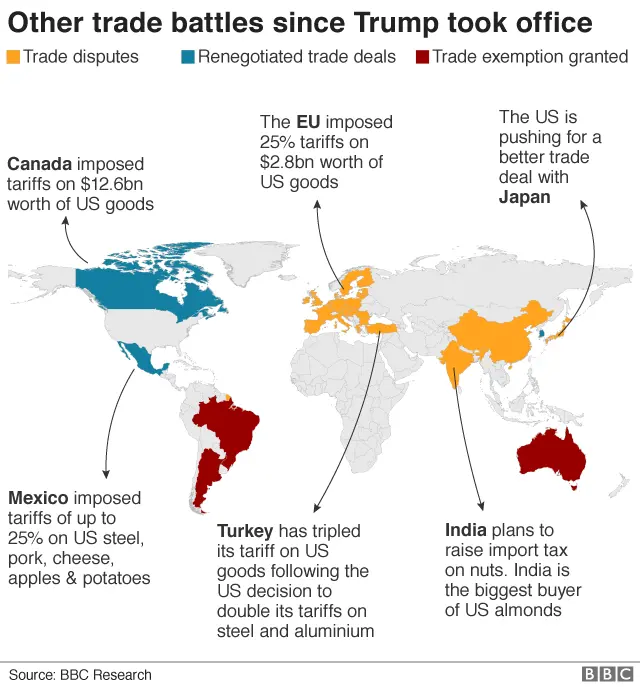The Consumer Financial Protection Bureau (CFPB) has been ordered by its acting director, Russell Vought, to halt all activities related to financial oversight and abuse investigations. The directive, communicated through an internal email on Saturday night, has left employees at the bureau and observers questioning the future of its role in protecting consumer interests.
Established in 2011 as part of the Dodd-Frank Act, the CFPB was designed to act as a watchdog for financial abuses, ensuring that banks, lenders, and other financial institutions adhered to regulations protecting consumers. However, with this new directive, the agency’s primary functions appear to have been suspended, sparking widespread concern among consumer advocacy groups and policymakers.
In the internal communication, Mr. Vought emphasized that all non-essential activities, including supervision and examination processes, would be paused effective immediately, except those mandated by law or explicitly approved by his office. This decision aligns with the broader policy direction aims set forth by the current administration, which has often criticized the bureau’s regulatory reach.
The acting director justified this move by citing a need for recalibration and re-prioritization of the bureau’s objectives. While his exact plans remain unclear, his approach appears to mirror the administration’s stance on reducing federal oversight in the financial sector.
The internal email further mentioned the temporary shutdown of the CFPB headquarters, with staff reassigned to remote work. Though the acting director highlighted logistical matters, the significant halting of operations underscores how transformative these changes may be.
Although Mr. Vought has yet to publicly announce his plans, the nation’s financial oversight capabilities appear to be heading toward a significant transformation under this administration. This announcement has also been met with criticism from bipartisan members of Congress, who claim this decision undermines consumer protections at a time when they are most needed.
Questions over the legality of suspending active investigations have also arisen. Numerous consumer advocacy groups have decried this as creating a gap in accountability for corporations and financial operators. One statement issued by Public Citizen, a nonprofit consumer rights advocacy group, called this order “an unprecedented attack on the rights of consumers nationwide.”
However, supporters of the directive argue that reducing bureaucratic oversight could allow private institutions more flexibility and drive economic recovery. This perspective has found resonance in the financial sector, which has long viewed the CFPB as restrictive.
The short-term implications for everyday consumers are concerning. Whistleblowers and citizens who report fraudulent activities or abusive financial practices may find fewer resources available to address their grievances. Moreover, questions remain about how staff within the agency will proceed with investigations that were underway before the announcement.
Activists and some former bureau officials have already begun calling for immediate intervention by Congress to ensure that the CFPB remains operational in its original capacity. They argue that halting its functions presents long-term risks to consumer markets and systemic accountability.
This is not the first time that leadership at the CFPB has faced scrutiny. Since the bureau’s inception, its leadership appointments have often been viewed as reflective of political ideology rather than support for its mandate. The current developments appear to extend that tension into new territory.
The abrupt nature of this decision and its potential consequences underscore the importance of congressional oversight to ensure that the nation’s financial protections remain robust. In the coming weeks, this issue may become a flashpoint in the ongoing debate over regulatory reforms and consumer rights in the country.
Whether the acting director’s actions will stand remains unclear, but for now, millions of Americans are left wondering who will advocate for their financial well-being in the absence of a fully functional CFPB.



